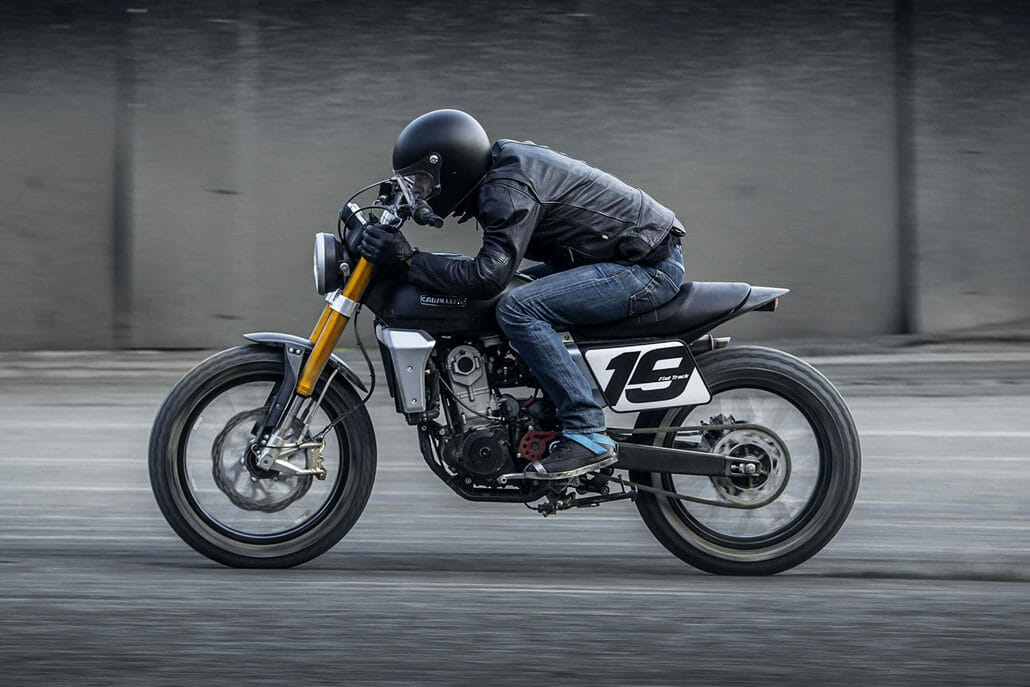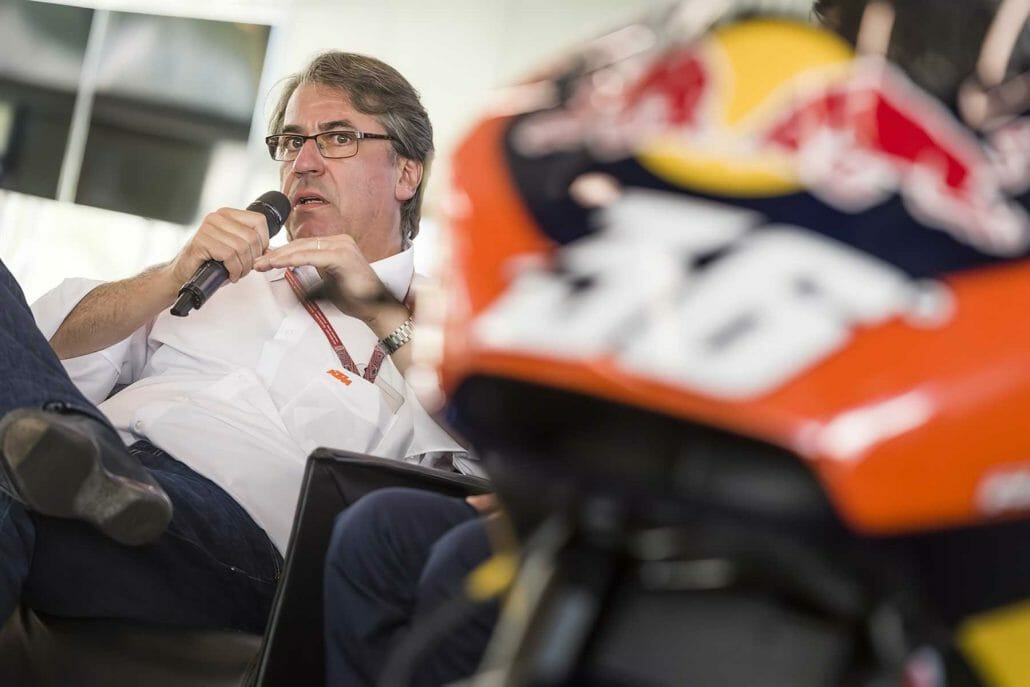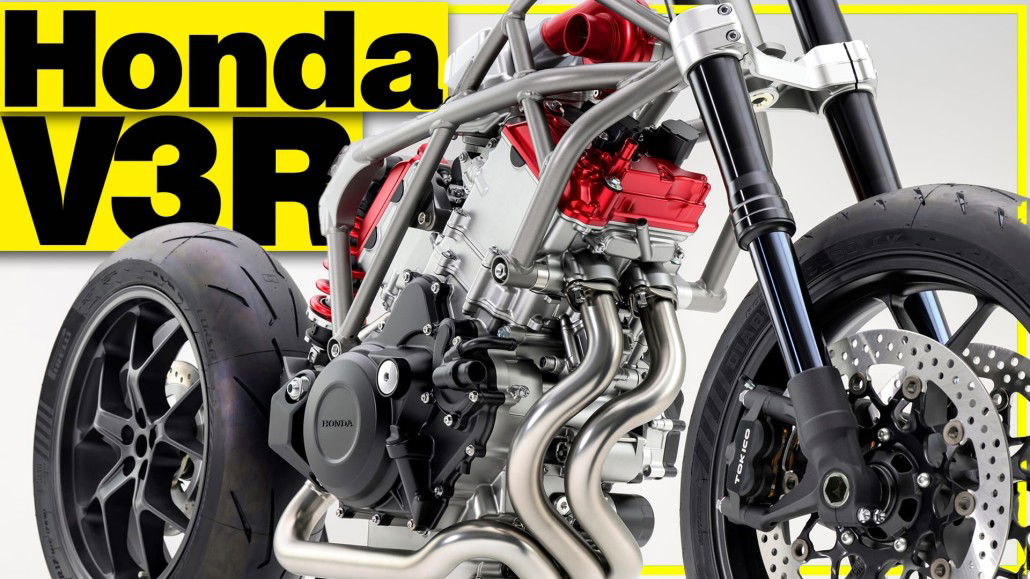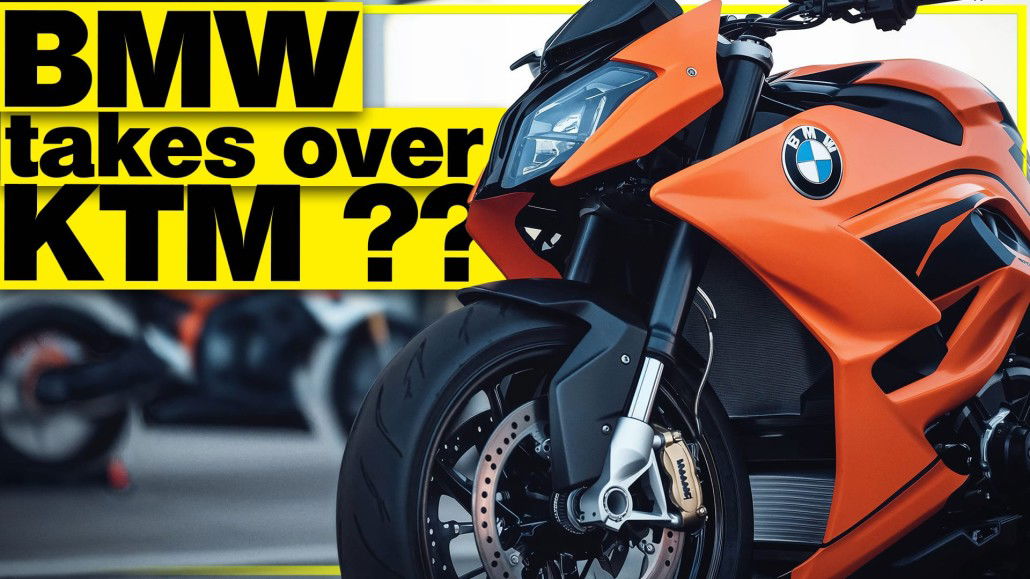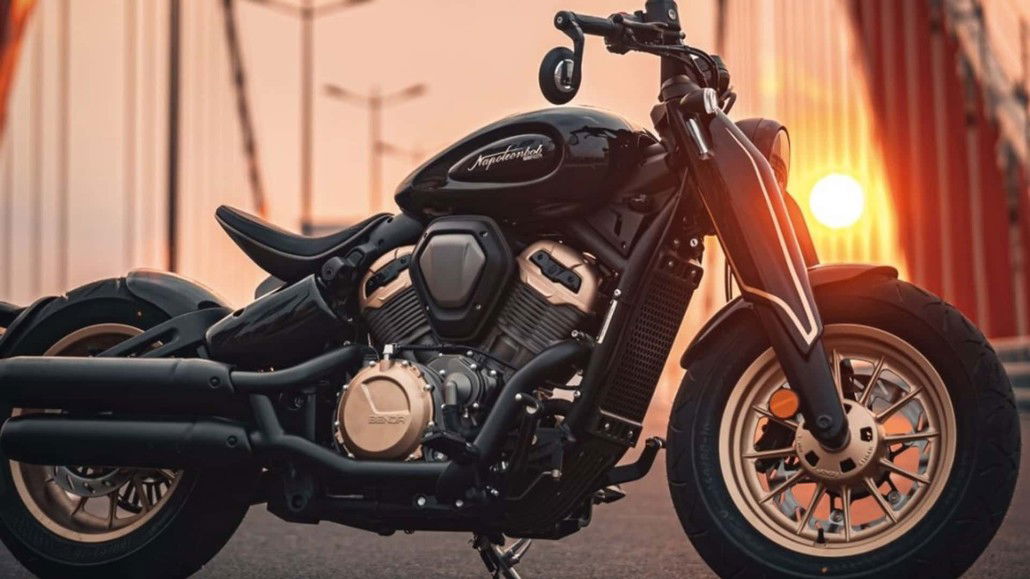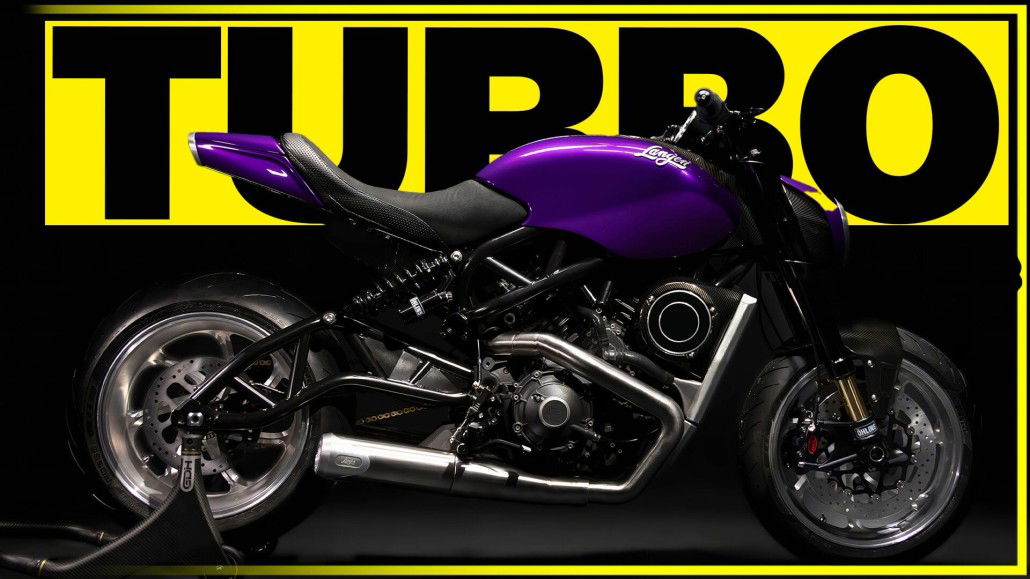The measures also affect the engine manufacturer Motori Minarelli, based near Bologna, which Fantic acquired from Yamaha in 2020. Both companies are said to have concluded a solidarity agreement with around 140 employees, which provides for reductions in working hours and salaries.
Several causes for the crisis
The reports cite a combination of market developments, misjudgments, and external factors as the main causes:
- Decline in the e-bike and e-scooter market: During the coronavirus pandemic, Fantic experienced strong growth with its e-bikes and e-scooters. However, after the pandemic ended, demand collapsed, leaving numerous vehicles unsold.
- Supply chain problems due to KTM insolvency: KTM’s insolvency last year meant that suppliers received only 30 percent of their outstanding claims. Some have since insisted on advance payment, putting additional pressure on smaller manufacturers such as Fantic.
- Strong demand for motorcycles, but lack of liquidity: Models such as the Fantic Caballero 500 with a newly developed Minarelli single-cylinder engine are in demand, but cannot be produced in sufficient quantities due to a lack of components.
From rise to decline
Fantic, founded in 1968 and taken over by the northern Italian entrepreneur group VeNetWork in 2014, has grown strongly in recent years. The product range has been expanded from a few off-road machines to road motorcycles, e-bikes, e-scooters, and even Bottecchia brand bicycles. Collaborations, for example with Yamaha, have enabled new models such as the Scrambler Caballero 700 with a Yamaha two-cylinder engine.
Fantic was producing around 20,000 motorcycles and e-bikes annually, with sales rising to around 200 million euros (around 218 million US dollars). However, the simultaneous expansion into several business areas and the slump in the e-mobility segment are said to have put a heavy strain on liquidity.
Restructuring plans and owner support
According to reports, the company is currently working on a comprehensive restructuring plan with its new CEO, Costantino Sambuy. Sambuy has management experience at Piaggio and Peugeot Motorcycles. The aim is to streamline unprofitable areas such as e-mobility, stabilize motorcycle production, and reevaluate racing activities – from Moto2 to MXGP to the Dakar Rally.
The ownership structure could help Fantic in this regard: 31 shareholders of the VeNetWork Group, including the building materials group Buzzi spa, are expected to continue supporting the brand. Buzzi has already enabled capital increases in recent years and has promised further financial assistance.
Outlook
Despite salary cuts, employees are expected to stand united behind the company. Several new models, such as the Caballero, Stealth, and Imola series, have already been unveiled, but are currently only available in small quantities. If the restructuring proceeds as planned, sufficient numbers of motorcycles could be produced and delivered again from spring 2026 onwards.
However, it will only become clear in the coming months whether Fantic will be able to successfully implement its planned relaunch.


- Milestone MotoGP 25 (Day One Edition) – Sony PlayStation 5 – Rennspiel – PEGI 3



